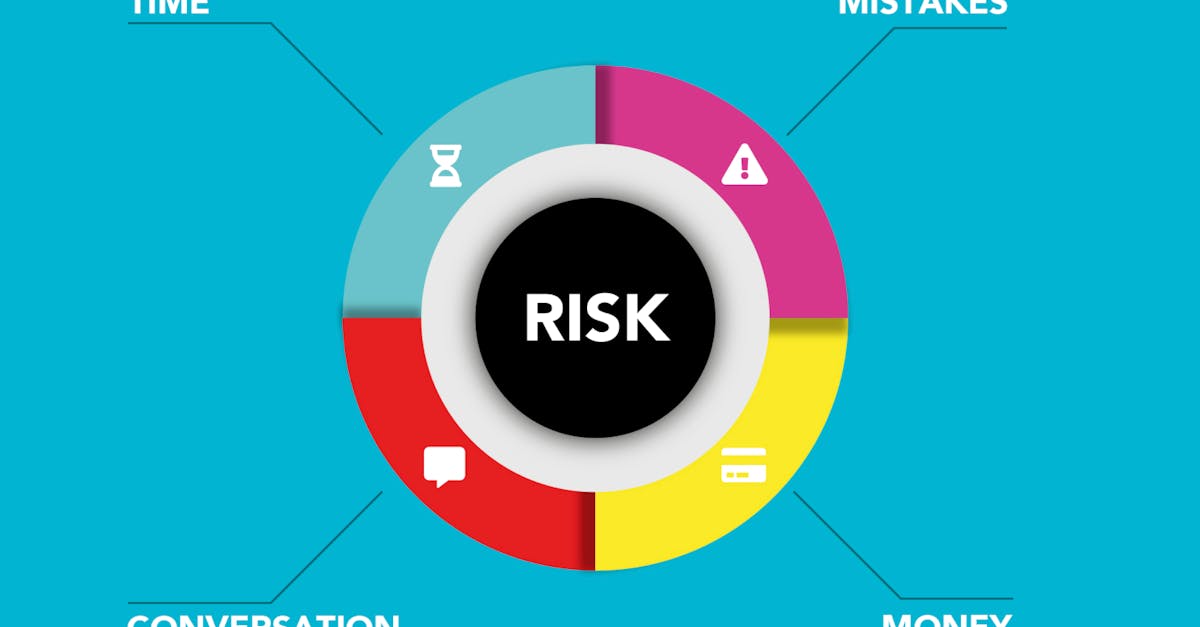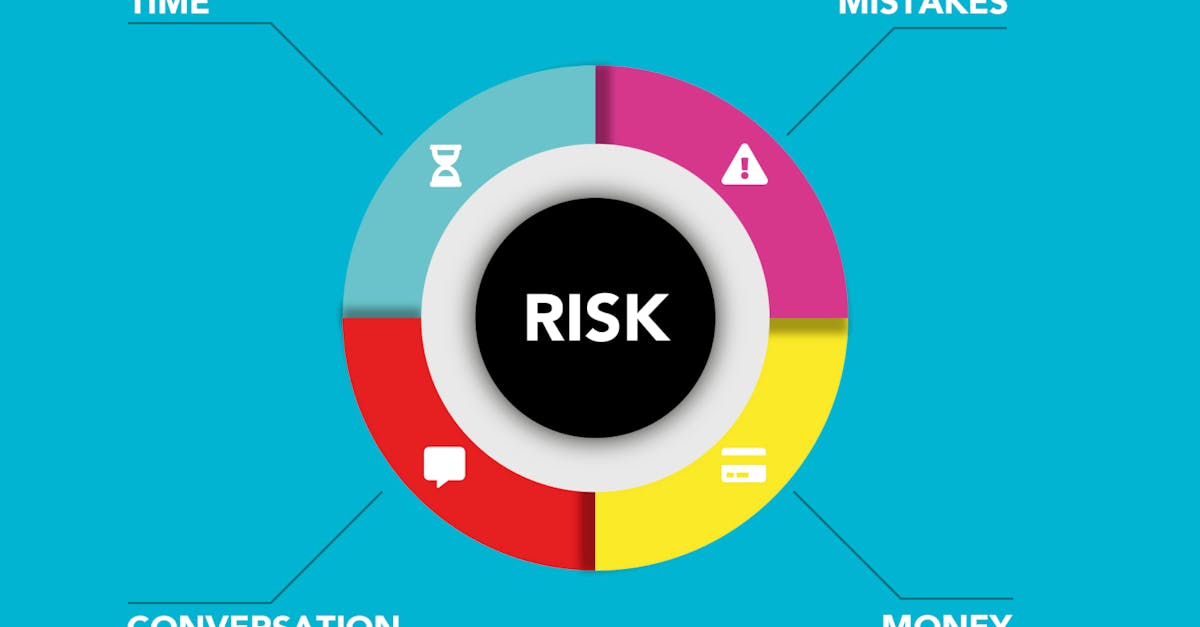Best Practices For Building Customer Trust In Telemarketing
Introduction
In today's competitive business landscape, building and maintaining customer trust is paramount, especially in the telemarketing field. With its roots in direct communication with potential clients, telemarketing offers unique opportunities and challenges for fostering trust. Businesses must navigate consumer skepticism, privacy concerns, and a saturated media environment to achieve customer loyalty. In this article, we'll explore the best practices for gaining and maintaining customer trust within telemarketing operations. Through successful trust-building strategies, companies can enhance their reputation, improve customer retention, and ultimately drive sales. But how do you effectively build trust in an industry often viewed with suspicion? Let's dive deeper into proven methods.
Advertisement
Understand Your Audience
A fundamental aspect of building trust is deeply understanding your target audience. This begins with comprehensive market research, allowing businesses to tailor their approach to meet specific consumer needs and preferences. Understanding the demographics, pain points, and purchasing behavior of your audience empowers telemarketers to craft messages that resonate. This knowledge not only enhances communication but also signals respect and attentiveness to your client's unique circumstances. Personalized interactions increase the likelihood of convincing a potential customer to engage positively, laying the foundation for trust-based relationship. Moreover, an informed telemarketer can dramatically increase engagement and conversion rates, highlighting the value of personalized communication.

Luis Quintero/Pexels
Advertisement
Transparency and Honesty
Transparency in telemarketing involves being upfront about who you are, the business you represent, and the purpose of the call. Potential customers are more likely to trust and engage with telemarketers who present clear, honest information from the onset. Avoiding deceptive or overly aggressive tactics is crucial to prevent immediate hang-ups or negatively affecting the brand's reputation. Businesses should ensure that telemarketers have clear scripts focused on facts rather than overstated promises. Implementing ethical guidelines not only benefits interpersonal relations but also assures adherence to legal telemarketing compliance, making customers feel secure in their interactions. Establishing a reputation for honesty invariably leads to enhanced customer trust and long-standing relationships.
Advertisement
Effective Communication Skills
Telemarketers must possess strong communication skills to foster customer trust. This entails active listening, empathetic responses, and articulate presentation of information. Clear and concise communication should be a priority, avoiding jargon or ambiguous language. Telemarketers must skillfully navigate objection handling through respectful and insightful dialogues. Active listening demonstrates a telemarketer's interest in a customer's needs, while empathy reassures the client they are valued. Encouraging a two-way conversation, rather than a monologue, where customers feel heard and understood, can significantly boost customer trust. Training programs focused on enhancing these fundamental skills should be a pivotal part of employee development.
Advertisement
Follow-up and Reliability
Building trust does not end after the initial call; it extends to post-call interactions and follow-ups. Following through on commitments, such as sending requested information or adhering to promised timelines, demonstrates reliability and accountability. Timely follow-ups can reassure clients of the organization's dedication and commitment to their needs. Moreover, consistent follow-up calls also provide opportunities to assess customer satisfaction and address any concerns, reinforcing trust. A systematic approach to follow-ups, enriched with CRM tools, ensures no customer is left feeling neglected, solidifying the ongoing relationship.
Advertisement
Compliance and Privacy Considerations
Adherence to legal regulations and privacy standards is non-negotiable in building trust. Compliance with Do Not Call (DNC) lists and respect for consumer privacy underpins a company's dedication to ethical practices. Organizations should remain informed about fair trade laws and take proactive steps to ensure strict adherence. Consent and transparency in data collection are vital, reassuring customers that their personal information will be handled responsibly. By demonstrating respect for privacy rights, businesses validate customer trust, addressing one of the primary concerns in telemarketing today.
Advertisement
Utilize Technology Wisely
Incorporating technology to enhance personalization and efficiency is another best practice for building trust. Automated systems and CRM software can provide telemarketers with valuable insights into customer preferences and past interactions. This technological support allows for more personalized communication, ensuring customers feel recognized and appreciated rather than treated as another metric. However, reliance on technology must not come at the expense of human interaction's personal touch, which remains central to telemarketing success. Balancing technology with personal engagement strengthens the bonds of trust in a digital world.
Advertisement
Cultivate Genuine Relationships
Building customer trust involves nurturing authentic relationships based on shared values and mutual respect. Telemarketers should move beyond scripted conversations to create genuine connections, turning clients into long-term advocates of the brand. Recognizing and celebrating important client milestones and offering exclusive deals cultivates goodwill. Businesses should prioritize relationship-focused rather than transaction-focused interactions, reflecting a genuine investment in their client's well-being. Ensuring customer satisfaction leads to positive word-of-mouth referrals, further augmenting the company's credibility in customer networks.
Advertisement
Feedback and Continuous Improvement
Embracing customer feedback as a tool for growth is paramount in trust-building strategies. Soliciting customer feedback demonstrates valuing their opinions and highlights a commitment to continual improvement. Implementing changes based on feedback can increase customer confidence and satisfaction, showing adaptability and responsiveness. Feedback loops also offer insights into potential telemarketing strategies, revealing what resonates with customers and what needs refinement. This openness not only strengthens trust but fosters innovation, keeping the business attuned to evolving customer expectations.
Advertisement
Conclusion
Building customer trust in telemarketing hinges on integrity, transparency, and unparalleled communication skills. By understanding customer needs, telemarketers can engage more effectively, providing value at every interaction. Ethical practices, reliable follow-ups, and a personalized approach are building blocks to bringing customer trust to fruition. Employing technology mindfully and remaining open to feedback fosters an extensive, loyal customer base, crucial for sustained growth. Trust is the cornerstone of any business endeavor, and these best practices equip organizations to navigate the telemarketing landscape with credibility and success.
Advertisement


